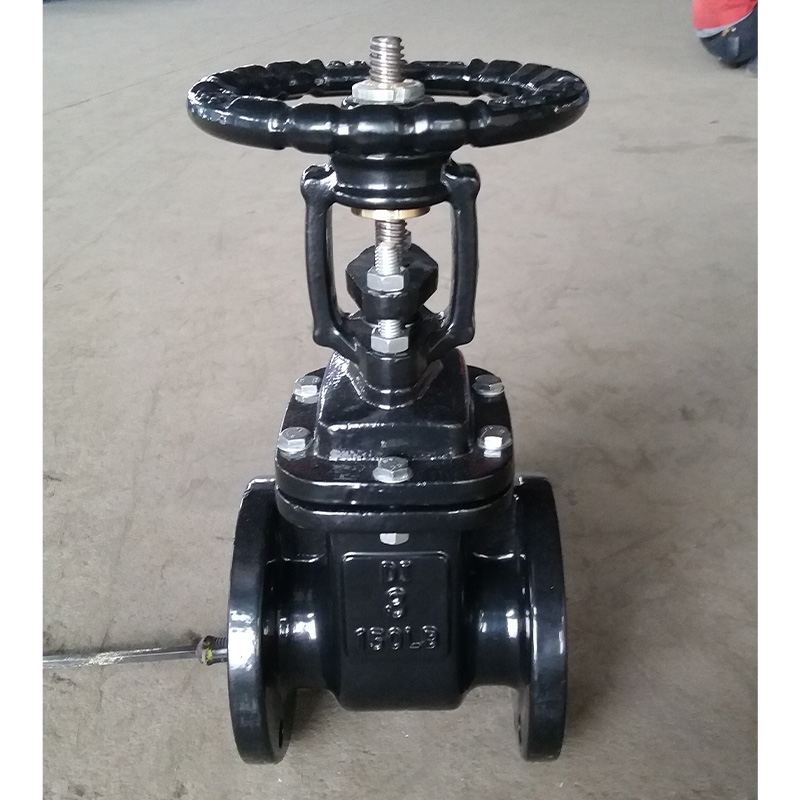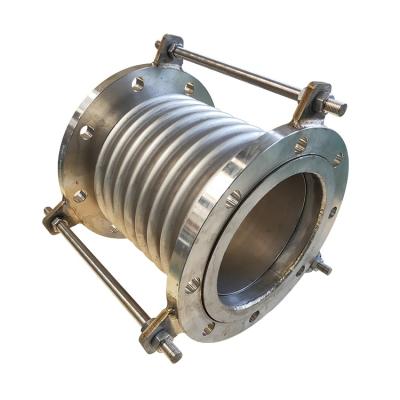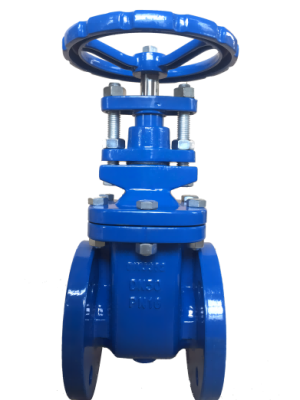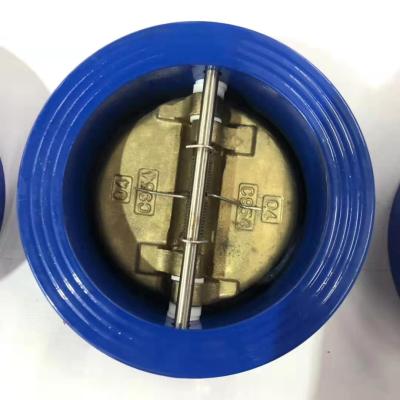Metal Seat Gate Valve ANSI/DIN/JIS
Gate valves normally have flanged ends which are drilled according to pipeline compatible flange dimensional standards. Gate valves are typically constructed from cast iron, ductile iron, cast carbon steel, gun metal, stainless steel, alloy steels, and forged steels.
Gate valves are characterised as having either a rising or a nonrising stem. Rising stems provide a visual indication of valve position because the stem is attached to the gate such that the gate and stem rise and lower together as the valve is operated. Nonrising stem valves may have a pointer threaded onto the upper end of the stem to indicate valve position, since the gate travels up or down the stem on the threads without raising or lowering the stem. Nonrising stems are used underground or where vertical space is limited
Gate valves normally have flanged ends which are drilled according to pipeline compatible flange dimensional standards. Gate valves are typically constructed from cast iron, ductile iron, cast carbon steel, gun metal, stainless steel, alloy steels, and forged steels.
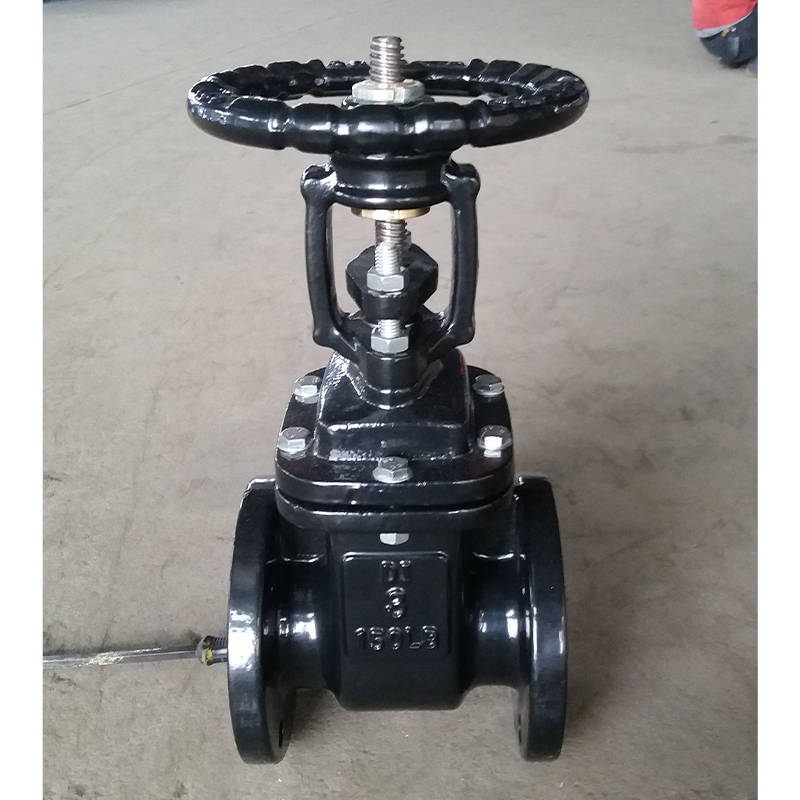
Specification
Size: | DN50-DN600 |
End flange: | ANSI B 16.1,EN1092,AS2129 |
Face to face: | ANSI B 16.10 |
Top flange: | ISO 5211 |
Normal pressure: | PN1.0/1.6MPa(150/200PSI); Class 125/150; JIS 5K 10K 16K 20K; Table D/E |
Body: | CI/DI/WCB/ALB/CF8/CF8M |
Disc: | DI/ALB/Rubber lined Disc/1.2501/1.4529/CF8/Hastelloy Alloy/Monel |
Stem: | 410/416/304/431/17-4PH/316/monel |
Seat: | NBR/Hypalon/EPDM/Neoprene/NR/Wear-Resistant EPDM/Viton/Silicon/Heat-Resistant EPDM/White EPDM/EPDM(NSF)/PTFE |
Suitable temperature: | -10~120 |
Medium: | Fresh water, sewage, sea water, air, vapor, food |
Related News
Submitted successfully
We will contact you as soon as possible

